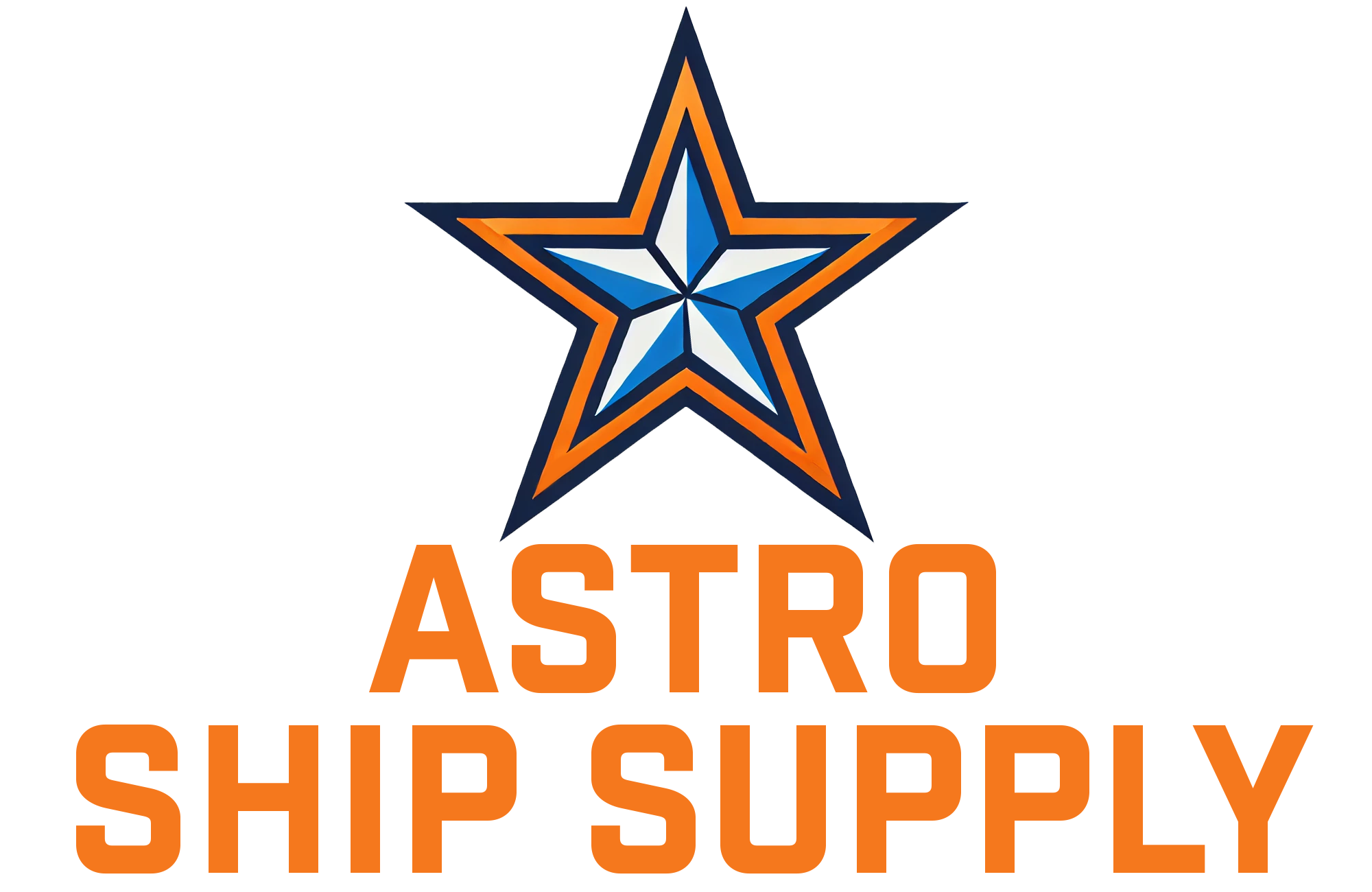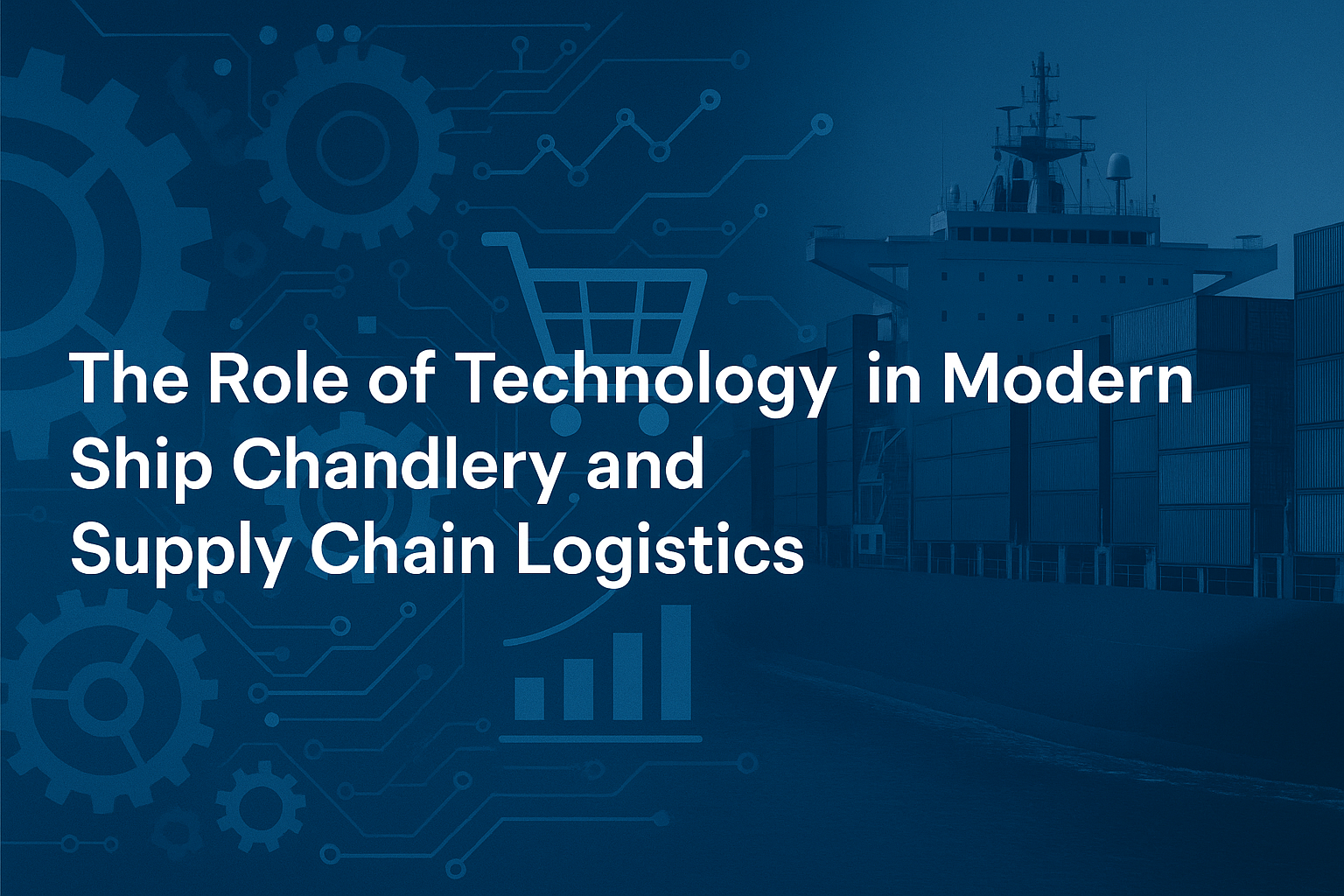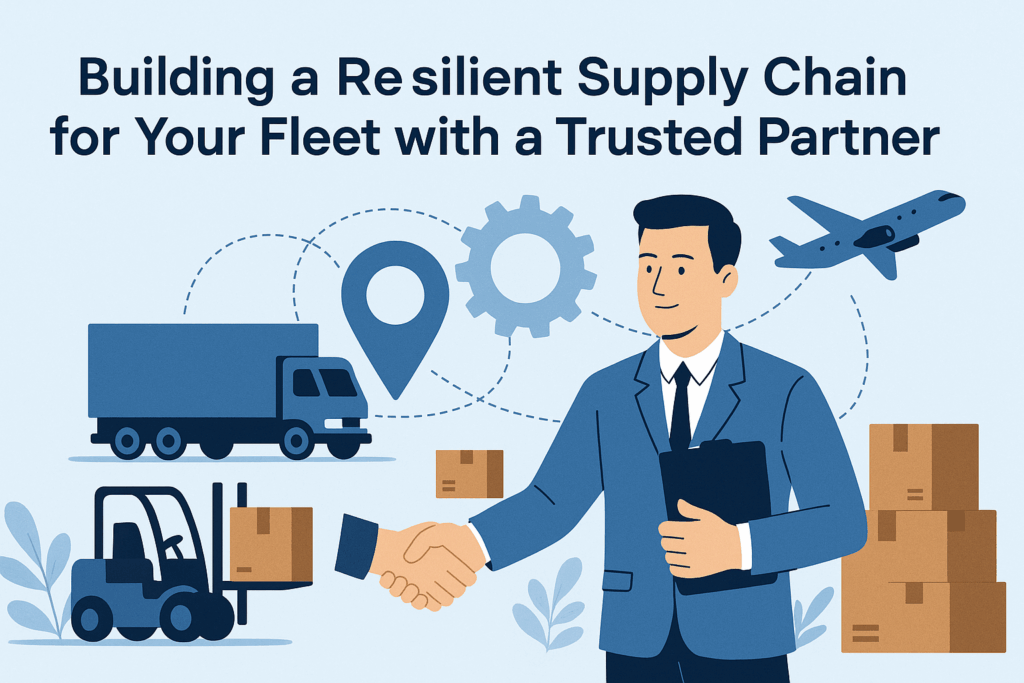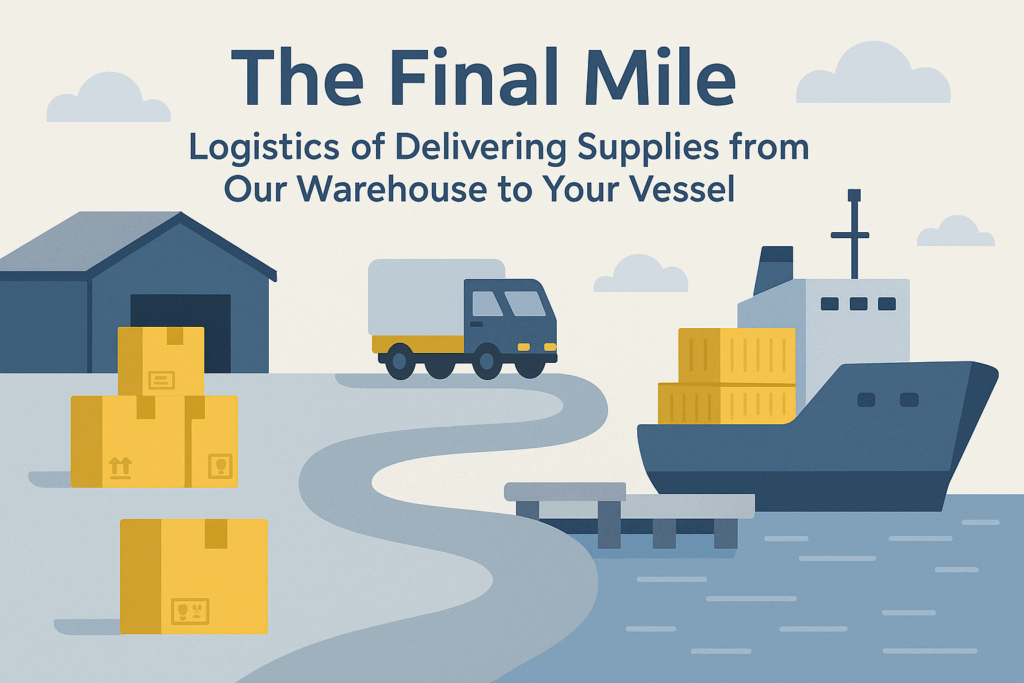This article dives deep into the transformative impact of technology on the ship chandlery and supply chain landscape. We’ll explore how innovations are addressing long-standing challenges, enhancing operational efficiency, improving transparency, and ultimately, shaping the future of maritime supply. From the Port of Houston to the furthest corners of the Gulf Coast, understanding these technological shifts is crucial for any stakeholder aiming to stay ahead in this dynamic industry.
—
The Evolution of Ship Chandlery: From Manual to Digital
For centuries, ship chandlery has been a hands-on business. Orders were often placed via radio or fax, inventory managed on clipboards, and deliveries coordinated through phone calls. While this approach served its purpose, it was inherently prone to errors, delays, and a lack of real-time visibility. The digital revolution has begun to dismantle these traditional barriers, introducing a new era of precision and responsiveness.
Consider the typical challenges faced by a ship chandler operating without modern technological tools:
- Inaccurate Inventory Management: Relying on manual counts can lead to stockouts or overstocking, impacting efficiency and profitability.
- Slow Order Processing: Manual entry and communication can significantly extend the time from order placement to delivery.
- Lack of Transparency: It’s difficult for vessel operators to track their orders in real-time or verify delivery details without constant communication.
- Inefficient Route Planning: Without optimization tools, delivery routes can be inefficient, leading to increased fuel consumption and delayed arrivals.
- Compliance Hurdles: Keeping up with ever-evolving international and local regulations manually is a daunting task.
Technology offers robust solutions to each of these pain points, ushering in an era where data-driven decisions are the norm, not the exception.
—
Key Technologies Reshaping Maritime Supply Chains
The embrace of various technological innovations is creating a more streamlined, predictable, and resilient maritime supply chain. Let’s explore some of the most impactful:
1. Enterprise Resource Planning (ERP) Systems
ERP systems are the backbone of modern business operations, integrating all facets of an enterprise into a single, comprehensive platform. For ship chandlers, an ERP system can revolutionize everything from order management to accounting.
Real-world Application: Streamlining Operations at Astro Ship Supply
Imagine a scenario where Astro Ship Supply receives an urgent order for provisions and deck supplies from a vessel docking in the Port of Houston. Before ERP, this might involve separate spreadsheets for inventory, another system for invoicing, and manual communication with the logistics team. With a robust ERP system, the order is entered once, automatically checks inventory levels, reserves stock, generates a pick list for the warehouse, schedules a delivery, and creates an invoice – all within a unified interface. This reduces human error, accelerates processing times, and provides a clear, real-time overview of the order’s status. For more details on how integrated systems enhance service, explore our offerings at Astro Ship Supply Blog.
2. Inventory Management Systems (IMS)
Beyond basic ERP integration, specialized IMS solutions offer granular control over stock. These systems often incorporate barcode scanning, RFID technology, and even IoT sensors to provide real-time inventory updates.
Comparative Analysis: Traditional vs. Tech-Driven Inventory
| Feature | Traditional Inventory Management | Tech-Driven Inventory Management (IMS) |
|---|---|---|
| Accuracy | Prone to human error, frequent discrepancies. | High accuracy with real-time updates and automation. |
| Visibility | Limited, often requires physical checks. | Full, real-time visibility of all stock locations. |
| Efficiency | Time-consuming manual counting and record keeping. | Automated processes, reduced manual effort. |
| Forecasting | Based on historical data and intuition. | Data-driven insights for optimized demand forecasting. |
| Waste Reduction | Higher risk of spoilage/obsolescence. | Minimized waste through precise stock rotation and demand prediction. |
3. GPS Tracking and Telematics
For timely deliveries, especially across a vast region like the Gulf Coast, GPS tracking and telematics are indispensable. These technologies provide real-time location data for delivery vehicles, optimize routes, and monitor driver behavior.
Case Study: Optimizing Deliveries with GPS
Consider a scenario where Astro Ship Supply needs to deliver fresh produce and specialized engine parts to two different vessels at distinct ports hundreds of miles apart. Without GPS and telematics, this would involve constant phone calls, potential delays due to traffic, and inefficient fuel consumption. With these tools, dispatchers can identify the closest available vehicle, plot the most efficient route considering real-time traffic conditions, and provide accurate estimated times of arrival (ETAs) to the client. This not only enhances customer satisfaction but also significantly reduces operational costs.
4. E-commerce Platforms and Digital Ordering
The days of faxing orders are rapidly fading. Modern ship chandlers offer intuitive online portals where clients can browse catalogs, place orders, track their history, and manage accounts. This digital transformation simplifies the ordering process for clients and reduces administrative overhead for chandlers.
5. Data Analytics and Business Intelligence (BI)
The vast amounts of data generated by modern operations are invaluable. Data analytics and BI tools transform raw data into actionable insights, helping chandlers understand demand patterns, optimize pricing, identify bottlenecks, and make strategic decisions.
- Demand Forecasting: Predicting future demand for provisions and supplies.
- Supplier Performance Analysis: Evaluating the reliability and cost-effectiveness of various suppliers.
- Route Optimization: Identifying the most efficient delivery routes based on historical data and real-time conditions.
- Customer Behavior Insights: Understanding client preferences and tailoring services accordingly.
6. Blockchain for Enhanced Transparency and Security
While still emerging in widespread use within ship chandlery, blockchain technology holds immense promise. Its decentralized and immutable ledger system can track goods from origin to vessel, ensuring authenticity, preventing fraud, and enhancing trust across the supply chain. This is particularly relevant for high-value items or sensitive provisions where traceability is paramount.
—
Addressing Compliance and Quality with Technology
In the maritime industry, compliance with international and national regulations is non-negotiable. Technology plays a crucial role in ensuring adherence to standards like ISO 9001:2015 for Quality Management, HACCP for Food Safety, and the International Ship and Port Facility Security (ISPS) Code. Digital documentation systems, automated audit trails, and integrated compliance modules within ERP systems simplify what was once a complex, manual process.
For instance, managing food safety according to HACCP principles becomes far more manageable with digital temperature monitoring, automated logkeeping, and instant alerts for deviations. Similarly, adherence to U.S. Customs and Border Protection requirements for bulk compliance can be streamlined through digital reporting and integrated data exchange. Astro Ship Supply’s commitment to these standards, as detailed on our About Us page, is significantly bolstered by our technological infrastructure.
—
The Human Element: Adapting to a Tech-Driven Future
While technology is a powerful enabler, it’s essential to remember the human element. The success of technological adoption hinges on well-trained personnel who can leverage these tools effectively. Continuous training and a culture of innovation are crucial to ensuring that the benefits of technology are fully realized.
Moreover, the personalized service that ship chandlers have always prided themselves on remains vital. Technology should free up staff from mundane tasks, allowing them to focus more on building relationships, understanding specific client needs, and providing exceptional customer service. The 24/7 support offered by companies like Astro Ship Supply, accessible via email, text, or phone, is a testament to this blend of technological efficiency and human dedication.
—
The Future is Now: What’s Next for Ship Chandlery?
The trajectory for technology in ship chandlery points towards even greater integration, automation, and predictive capabilities. We can anticipate:
- Further Automation: Robotics in warehouses for picking and packing, drone deliveries for smaller, urgent items.
- Artificial Intelligence (AI) and Machine Learning (ML): For highly accurate demand forecasting, predictive maintenance for delivery vehicles, and even personalized recommendations for vessel provisions based on historical data.
- Digital Twins: Virtual replicas of supply chain operations for scenario planning and optimization.
- Enhanced Cybersecurity: As reliance on digital systems grows, robust cybersecurity measures will become even more critical to protect sensitive data and prevent disruptions.
The companies that embrace these advancements will not only survive but thrive, setting new benchmarks for efficiency, reliability, and customer satisfaction in the global maritime industry. The ability to leverage these tools to offer customized solutions, maintain strict quality control, and ensure timely deliveries, from the Port of Houston to international waters, will define the leaders in this evolving landscape.
—
Frequently Asked Questions (FAQ) About Technology in Ship Chandlery
How does technology improve the speed of ship supply deliveries?
Technology, particularly GPS tracking, telematics, and optimized route planning software, allows ship chandlers to identify the most efficient delivery paths in real-time, avoiding traffic and reducing transit times. Additionally, digital order processing and inventory management systems significantly cut down on the administrative time required from order placement to dispatch.
What are the benefits of using an ERP system in ship chandlery?
ERP systems integrate various business functions like order management, inventory control, accounting, and logistics into a single platform. This leads to improved data accuracy, reduced manual errors, faster processing times, better resource allocation, enhanced financial visibility, and overall operational efficiency.
Can technology help with compliance in maritime supply chains?
Absolutely. Technology is crucial for compliance. Digital documentation, automated audit trails, and integrated modules within ERP systems can help manage and report on adherence to international standards (like ISO 9001:2015, HACCP, ISPS Code) and local regulations (such as U.S. Customs and Border Protection requirements). This significantly reduces the complexity and risk associated with manual compliance processes.
Is blockchain relevant for ship chandlery operations?
While still in its early stages of adoption, blockchain holds significant potential for ship chandlery. Its distributed ledger technology can provide an immutable and transparent record of goods throughout the supply chain, enhancing traceability, verifying authenticity, reducing fraud, and improving overall trust among stakeholders. This is particularly valuable for tracking origin and quality of provisions.
How does technology improve customer satisfaction in ship supply?
Technology improves customer satisfaction by enabling faster and more accurate order fulfillment, providing real-time tracking updates, offering convenient online ordering platforms, and allowing chandlers to gather data for personalized service. It ensures that vessels receive the right provisions and supplies on time, enhancing crew comfort and operational efficiency.
In conclusion, the integration of cutting-edge technology is no longer an option but a necessity for modern ship chandlery and maritime supply chain logistics. Companies that embrace these advancements will find themselves better equipped to navigate the complexities of global trade, delivering superior service and sustained success. At Astro Ship Supply, we are dedicated to leveraging these innovations to ensure “Excellence in Every Delivery” and remain your trusted partner in ship supply.
For a reliable partner committed to technological advancement and exceptional service, request a quote today or contact us directly for 24/7 support via email, text, or phone.






